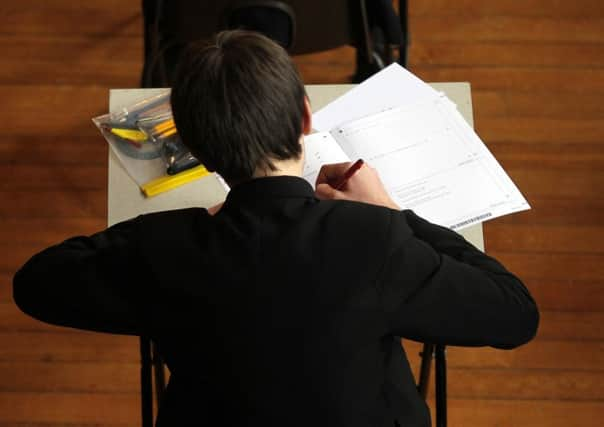Half of England's primary schools to be taught maths in a south Asian style


Half of England’s primary schools - more than 8,000 - are set to benefit from a £41m funding boost to adapt to the approach which is used in Shanghai, Singapore and Hong Kong. The approach is already used in a number of England’s schools following a teacher exchange programme between England and Shanghai in 2014.
It involves children being taught as a whole class, building depth of understanding of the structure of maths, and is supported by the use of high-quality textbooks.
Advertisement
Hide AdAdvertisement
Hide AdSchools minister Nick Gibb, who visited Shanghai in March to see the style of teaching in action and is set to announce the expansion today in a speech at the Advisory Committee on Mathematics Education (ACME) conference.
Mr Gibb said: ‘We are seeing a renaissance in maths teaching in this country, with good ideas from around the world helping to enliven our classrooms.
‘The significant expansion of the south Asian maths mastery approach can only add to the positive momentum, with thousands more young people having access to specialist teachers and quality textbooks.
‘I am confident that the steps we are taking now will ensure young people are properly prepared for further study and the 21st Century workplace, and that the too often heard phrase “can’t do maths” is consigned to the past.’
An initial 700 teachers will be trained to support schools in the approach.